

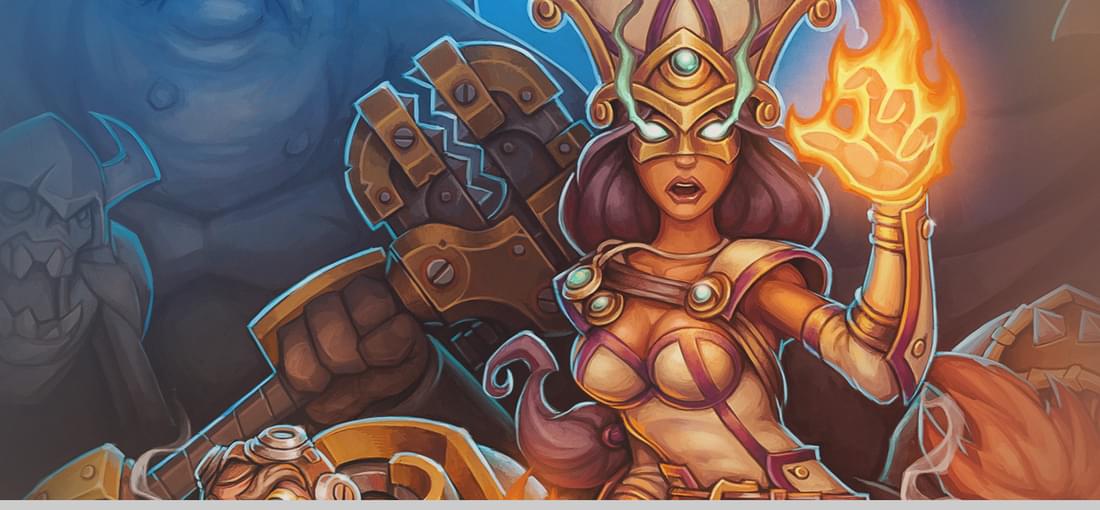
I tried to play through it twice, and both times I stopped playing around the 10ish hour mark. The second time through I didn't really feel like there was much more I was going to find, so I never picked it back up. On paper, I feel like I really love what this game is and has. The character progression, arpg combat, loot hunting, and multiplayer co-op done in a "diablo" style ticks a lot of boxes that make my brain say "yes please." Yet for whatever reason the game just didn't stick for me. I think it's mostly the lack of an interesting narrative arc. The original Diablo games didn't have much story, but there was a lot to unpack in the worldbuilding and the interesting settings and enemies which gave a nice sense of progressing through their world. In Torchlight 2, things just kind of all start blending together. Blowing up mobs in the first hour doesn't feel much different than blowing up mobs 7 hours later, so the lack of story feels more pronounced. Plus the art style isn't exactly my thing, though it does look objectively nice. I LOVED the pets though. I wish more games had pets like they are implemented in Torchlight 2. If you're looking to play a Diablo style game, and you're on the fence about Torchlight's style and narrative, I highly recommend checking out Grim Dawn. After being fairly whelmed by Torchlight, I tried Grim Dawn and it was exactly what I was looking for in an arpg.
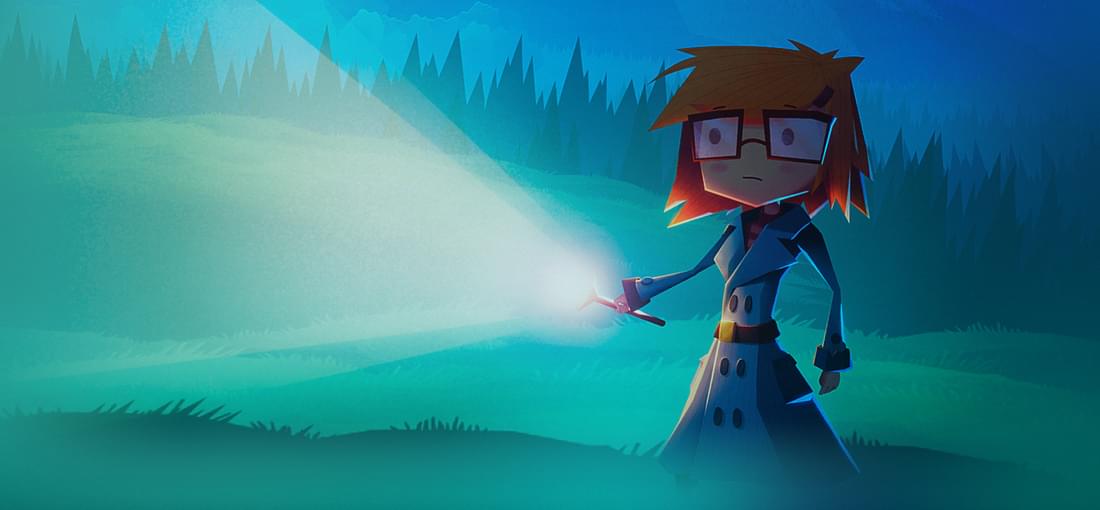
Jenny LeClue is tough to rate, because it has a strange mixture: it's a visual novel, but without the robust storytelling, inside a game whose mechanics are often underwhelming and superfluous. It seems like a recipe for disaster, but overall I found it charming and had a hard time pulling away from it. You take the role of Jenny, a kid detective who has grown disillusioned with the small-town cases she constantly encounters. The case of the missing glasses; the case of the dean's breakfast; she craves a real case that will challenge her brilliant mind... and that's when someone close to her turns up dead. You have to find clues and solve puzzles to help Jenny solve the murder, and discover the secret truth it uncovers about her unassuming town. The game has a rough opening which gives a bad impression, but once you encounter the main plot the game really picks up both in story and in "play". I use quotes around play, because the game is largely hunting for the next clue that propels the narrative forward, with some puzzles thrown in here and there. The clue hunts are mostly dressed up "press X to continue" segments, while the puzzling ranges from trivial to decent. You won't actually be solving any mysteries here which is kind of disappointing, and will really turn some people off. However, the game does a really nice job of making it *feel* like you're solving mysteries. The use of the narrator providing exposition, punctuated by Jenny's sarcastic observations and comments captures the feeling of being in a detective story brilliantly. I was laughing out loud in places, and it had me constantly guessing. The writing and the characters were surprisingly good, and there were moments of genuine wonder and "a-ha!" leading up to the heroic denouement. The game does end on an abrupt cliffhanger, which is kind of a bummer to have to wait and maybe never find out what happens to these characters I grew to care about.
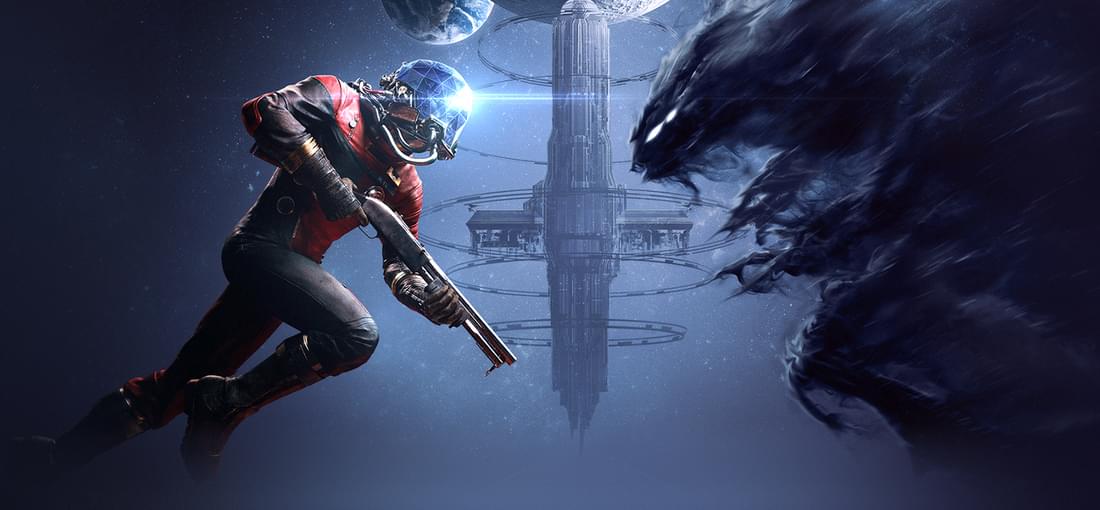
After being massively disappointed with Bioshock, I approached this "spiritual successor to System Shock" with a lot more skepticism. Playing through the early stages, I was actually dismayed at how much it shares with Bioshock; it has the same 'Art Deco monument to man's hubris built by a megalomaniac who can't accept that things went VERY bad and you're left in the wreckage' thing going on. But where Bioshock ended up becoming a silly, boring slog with ridiculous writing, Prey actually takes that premise and does something quite special. Prey puts you on the research station Talos I playing as Morgan Yu, a silent protagonist (a trope I actually love and wish more games would utilize instead of forcing cringe words into your character's dumb maw) who is participating in the space station's study of neural modification when some sort of alien entity gets loose and starts wreaking havoc. As you make your way through the station figuring out the best ways to combat the threat, you discover more about what has been happening, and how you are connected to it. In concept, Prey seems like it's going to be a horror game; in style and execution however, it is much more of an action mystery a la the Half-Life games. I was really in the mood for a good horror game when I started Prey, so that disappointed me at first. But once I understood what it actually was (a fps action-rpg metroidvania in space) I got hooked. Prey accomplishes what so many games only promise: divergent gameplay as a consequence of your choices within its world. And the worldbuilding, both in setting and story, is some of the best I've ever seen. Talos I comes to life as you explore it; finding your way into subsections, crawling through maintenance shafts, floating through zero-g tunnels, reading emails. It all interconnects to make a game that is not only fun to play, but one that immerses you in an experience that feels believable. In that regard, it is a true successor to the System Shock games.
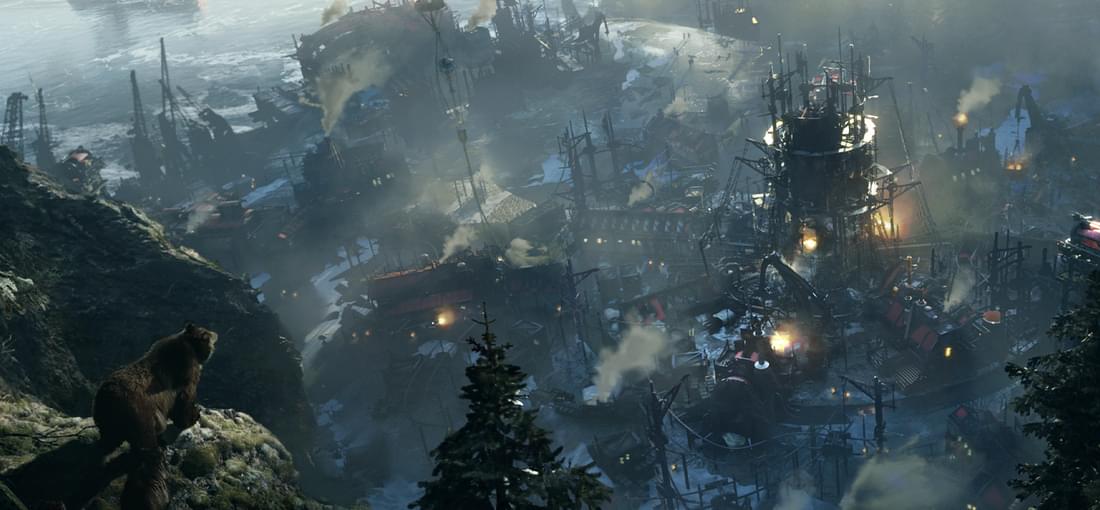
I love the base game and the Winterhome and Arks scenarios, but this scenario fell really flat for me. The pacing and balance is just off from the start. It's overwhelmingly punishing in certain respects and makes the scenario feel much more linear and logistical. I quickly stopped feeling anything for the story side and just started seeing what was a very narrow efficiency puzzle. The main reason for this is that unlike other scenarios, the emotional relationship between you and your workers makes no sense, and the story elements are very forced and subsequently feel very artificial and detached. You sacrifice progress to save workers: the workers revolt against you because you value the job over anything else? The workers go on strike because you aren't meeting their demands.... but you've already put in every pro-worker measure possible? In my game they started demanding I build something I already built and didn't need, so I just built one for them and once they were appeased I immediately dismantled it. That is this scenario in a nutshell. The in-game actions to solve the puzzle are so discordant with the narrative framework in which they're presented that the narrative ceased to matter. In the other scenarios I was really emotionally affected when workers were dying or struggling, and balancing their needs with the needs of the task was an actual dilemma. In the Last Autumn? I didn't care. Bust the strike, motivation is already zero and the discord is already high with no tools properly mitigate it. Oh some people might die? Good then I can repatriate the corpses and recover some motivation (yes this works). Plus the writing is a big step down. Bad omen owls? THAT'S what has people spooked when the world around them is crumbling apart? "Where do these tracks lead?" Nowhere. Plus it's pretty buggy in a few places. Boo. I would pass on this one if you're contemplating it.
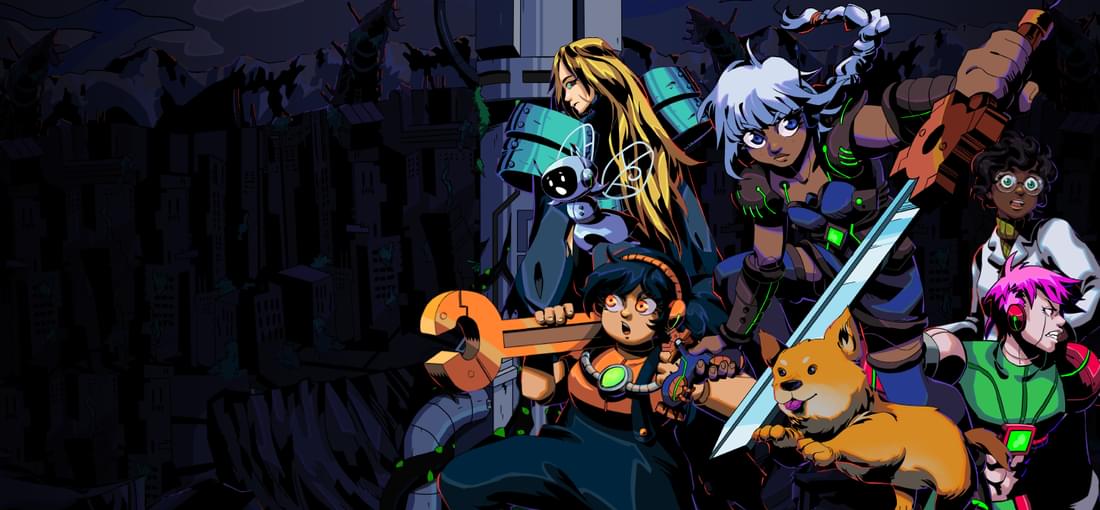
Aside from a few minor frustrations, this game was one of the best I've played recently. I couldn't stop playing it. You play as part of a race of sentient automatons that are slowly losing their minds (becoming "unsighted") because humans have cut off the source of that consciousness. You have to fight and figure out your way to the source and stop the humans before you and all of your friends are lost. I thought the story was engaging and heartfelt, and the way it was intertwined with the gameplay elevated both. I was sad whenever a character went unsighted, and seeing others' time running out made playing the game feel that much more impactful. Could I have saved someone had I not messed up so much in the aquarium? I need to be better in the next area. It was motivating and stressful without becoming demoralizing, and I thought it was a brilliant emotional mixture. The core of the game is also really fun and it felt very satisfying to get better at the various mechanics the game presents. My only gripe is that the spinner should have been its own button rather than being attached to jumping because it was too easy to accidentally use the spinner rather than double jump. But utilizing all the different items and abilities you acquire to solve puzzles and get to new areas was rewarding and kept the game interesting all the way to the end. It has all of my favorite things in a game: character building, multiple ways to accomplish goals, fun and challenging gameplay, a story that fits well with the game, consequences, and an immersive world. I see myself coming back to this one frequently, I really enjoyed it.
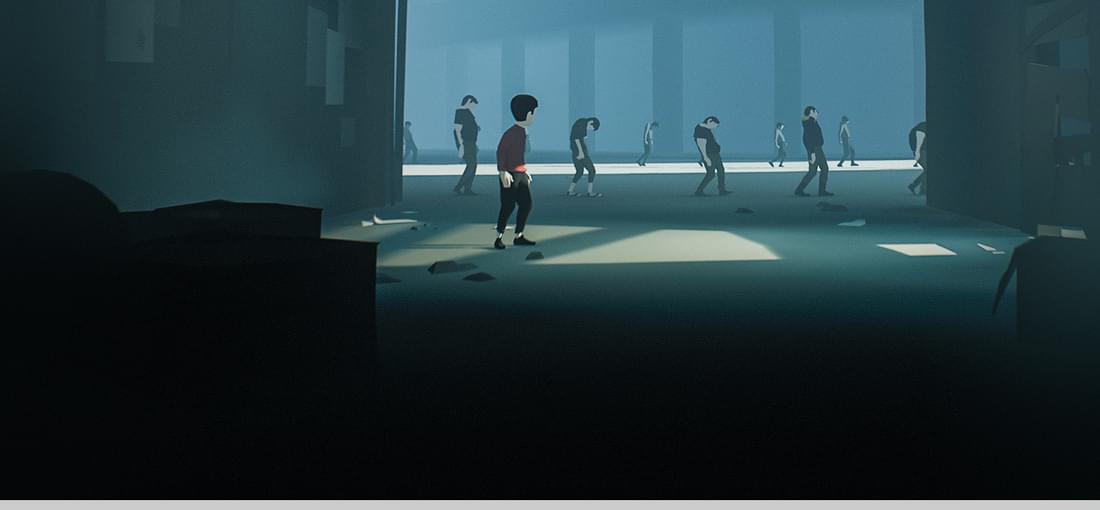
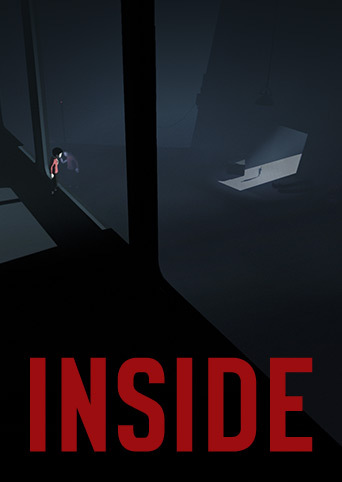
Inside really really wants to be like Portal. But while Portal uses minimal exposition to tell an interesting story via playing through its environments, Inside just sort of cruises on atmosphere without really pulling a cohesive world together. The atmosphere is fantastic, to be sure, but I was a bit disappointed it only served to present a series of tenuously connected set pieces rather than constructing a full thought. It's primarily a vehicle for showing you through some creepy dystopian shit. Which I could get on board with if the gameplay itself was a little more compelling, but it's mostly adequate platforming. There are some interesting puzzles and some pretty clever uses of space and environmental objects, but a lot of the game is forced failure so that you have foreknowledge of what's coming and can react to it properly. That really took me out of the game at times, as well as how some puzzles make sense in the context of the world, while others are really contrived and gamey. I started to get wary about two thirds into the game when I noticed that nothing you discover is revisited; the game marches into newer, stranger territory seemingly before giving you a chance to fully process what you just encountered. Sure enough, in the end, you are confronted with yet another bizarre new concept that has questionable relevance to everything experienced within the game up to that point. I enjoyed it well enough, but it feels like the more I actually think and reflect on it, the less intriguing it becomes. I do believe it is meant as an allegory for our own march into a future of dehumanizing technology we can't understand, and I think it succeeds in capturing the feelings tied to that. In spite of my criticisms, I definitely think it's worth playing. I'm mostly disappointed that it couldn't maintain the initial spark of fascination it gave me.
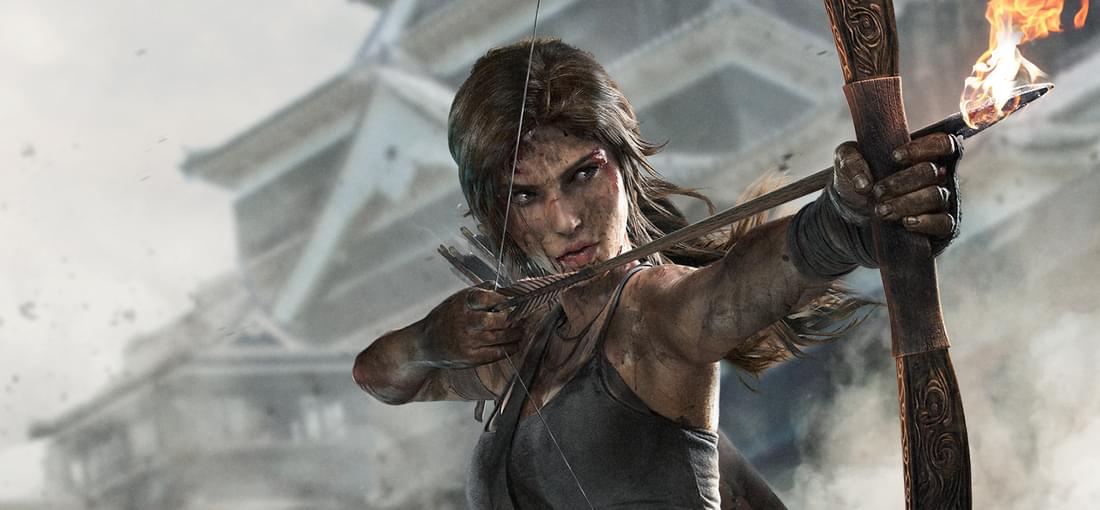
The game is a sadistic QTE masquerading as an adventure game. There's no adventure here. Just murder and body horror. The Tomb Raider tie-in is the most cynical of branding. I can almost hear the heavy breathing of the animators that sculpted Lara having a tree branch stab her through the throat. I'm not one to get overly political on dumb action games, but this game horrifically maiming its female character through an obscene assortment of kaleidescopic gore says something. It says SOMEthing. If they didn't go full throttle on the ultraviolence, the non-qte environment puzzling and stealth gameplay is half decent. It's a shame that was wasted on a game that I had to quit because I physically couldn't stomach it anymore.